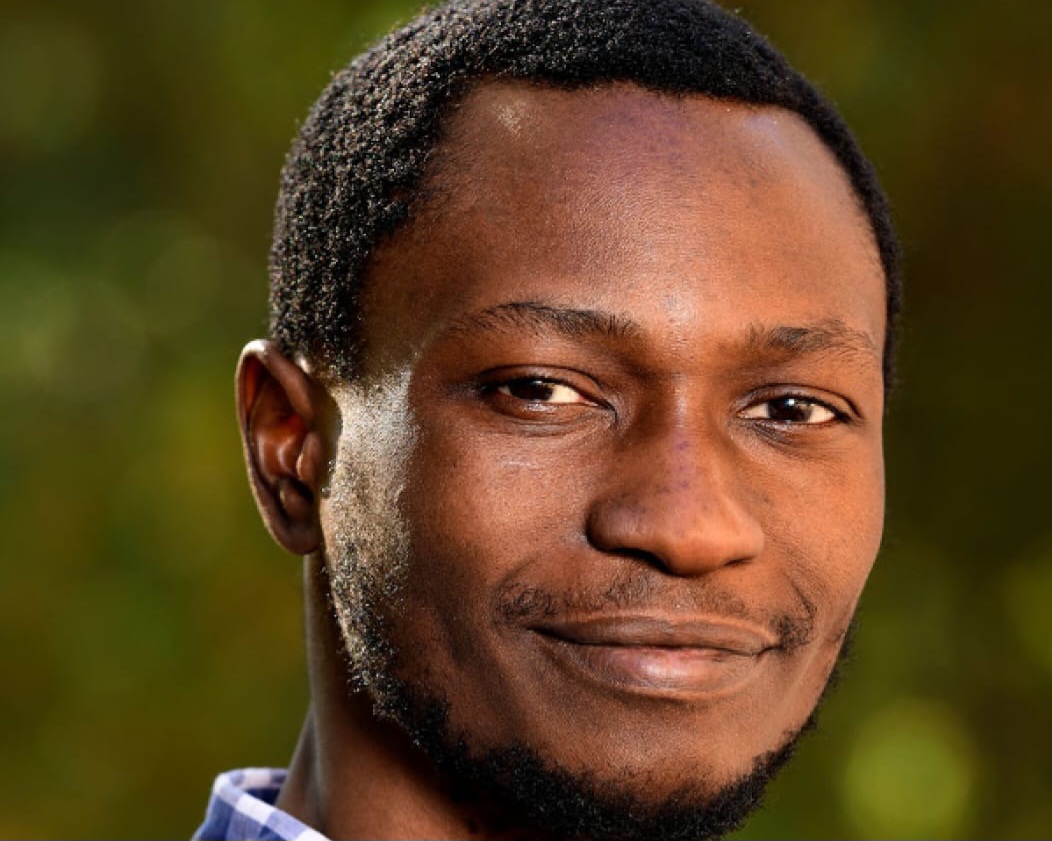 Mental health disorders are an escalating public health concern worldwide, and Nigeria is no exception. Limited access to effective treatments, stigma, and resource constraints have compounded the challenges faced by individuals with mental health conditions.
Mental health disorders are an escalating public health concern worldwide, and Nigeria is no exception. Limited access to effective treatments, stigma, and resource constraints have compounded the challenges faced by individuals with mental health conditions.
In this context, the pioneering work of Dr. Osafu Augustine Egbon, a Nigerian-born scholar, offers a beacon of hope. Dr. Egbon’s research in Transcranial Magnetic Stimulation (TMS) therapy in his Ph.D. at the University of Sao Paulo (USP), Brazil represents a transformative step toward improving mental health care, particularly in resource-constrained settings like Nigeria. The significance and impact of his work were recognized with a prestigious award of Honorable Mention for the Best Ph.D. Dissertation from USP in 2024.
TMS therapy is a non-invasive procedure that uses magnetic fields to stimulate nerve cells in the brain. It is often prescribed for depression and other mental health disorders, particularly for patients who do not respond well to traditional interventions like medication or psychotherapy. While TMS therapy has demonstrated efficacy, its cost and time-intensive nature have posed significant barriers to widespread adoption.
Dr. Egbon’s work seeks to address some of these challenges, with the goal of making TMS more accessible, efficient, and affordable. He explained, “TMS therapy for treating mental disorders remains largely inaccessible in West Africa due to its high cost and limited availability. It is essential to make this advanced treatment more affordable and accessible to broader populations, particularly in developing nations. Introducing tailored mathematical methods to reduce treatment costs represents a groundbreaking approach to addressing this disparity.”
A key innovation in Dr. Egbon’s research is the development of a Bayesian spatial statistical model (BSSM) to study patient response patterns in TMS therapy. BSSMs are advanced statistical frameworks used to analyze and make inferences about spatially distributed data, integrating prior knowledge with observed data to estimate and predict spatial patterns and relationships.
Traditionally, TMS practitioners rely on a trial-and-error approach, performing a grid search across different scalp regions to identify the optimal site for magnetic pulse delivery. This process is time-consuming and resource-intensive, leading to increased treatment costs. Dr. Egbon’s BSSM is a tool to eliminate the need for this search by systematically geolocating the most effective regions of the scalp for stimulation.
By developing and applying BSSMs, his work identifies hotspots of patient response with precision. This advancement not only reduces the time required for treatment planning but also minimizes the number of sessions needed to achieve therapeutic outcomes, directly lowering costs.
Dr. Egbon’s contributions extend to the personalisation of TMS therapy. Mental health disorders like depression exhibit significant variability in patient response rates. His models could allow for early identification of non-responders, enabling clinicians to pivot to alternative treatments without prolonged delays. He remarked, “Identifying a patient’s hotspot in practice can be quite challenging in TMS procedure. However, with a well-designed algorithm like the Bayesian spatial statistical model, we can accurately pinpoint the optimal region on the scalp and precisely direct TMS pulses to this area, enhancing the effectiveness of the treatment”. This tailored approach enhances the likelihood of successful outcomes, ensuring that patients receive interventions best suited to their unique needs.
He developed an open-source user interface that leverages the BSSMs he developed to identify hotspots. This tool generates actionable insights from TMS data, making advanced methodologies accessible to clinicians who may not have the required specialized statistical training. While Dr. Egbon’s research focuses on depression, his methodologies have broader applications. The same framework can be adapted for other conditions treated with TMS.
Through the elimination of the grid search in TMS therapy, Dr. Egbon’s work has the potential to lower the number of required TMS sessions per treatment significantly, consequently reducing expenses related to equipment usage, clinician time, and improvement in patient care. Faster response evaluations translate to shorter treatment cycles, freeing up resources to serve more patients and improving access to care. In Nigeria, where mental health services are already under-resourced, the implications of Dr. Egbon’s research are profound. By lowering the cost through his method, TMS therapy could become more accessible to Nigerians.
Dr. Egbon shared his motivation and the journey behind his outstanding research. “My motivation stems from the desire to leverage my expertise in statistical modeling to positively impact people’s lives. The prospect of contributing meaningfully to precision medicine, an area that has always been a central goal in my scientific pursuits, was incredibly exciting,” he remarked. Reflecting on the challenges faced during the early stages of the project, Dr. Egbon candidly admitted, “The initial phase was undoubtedly demanding, with many complexities to navigate. However, I was deeply committed and ready to make the necessary sacrifices to ensure the success of this project.”
He is currently conducting innovative research in the United States, focusing on building on the methodologies he developed during his Ph.D. to tackle major biomedical challenges. He is examining how genetic changes impact cell development to advance diabetes treatment. Moreover, through his spatial statistical methodologies, he is also investigating how immunotherapies can be optimised for the treatment of melanoma. Dr. Egbon’s work on TMS therapy and immunotherapies is advancing personalised medicine and deepening our understanding of complex diseases.
Beyond the technical achievements, Dr. Egbon’s work underscores the importance of integrating spatial statistical methodologies into public health strategies. His research could serve as a catalyst for raising awareness about mental health disorders in Nigeria, combating stigma, and promoting early intervention.






